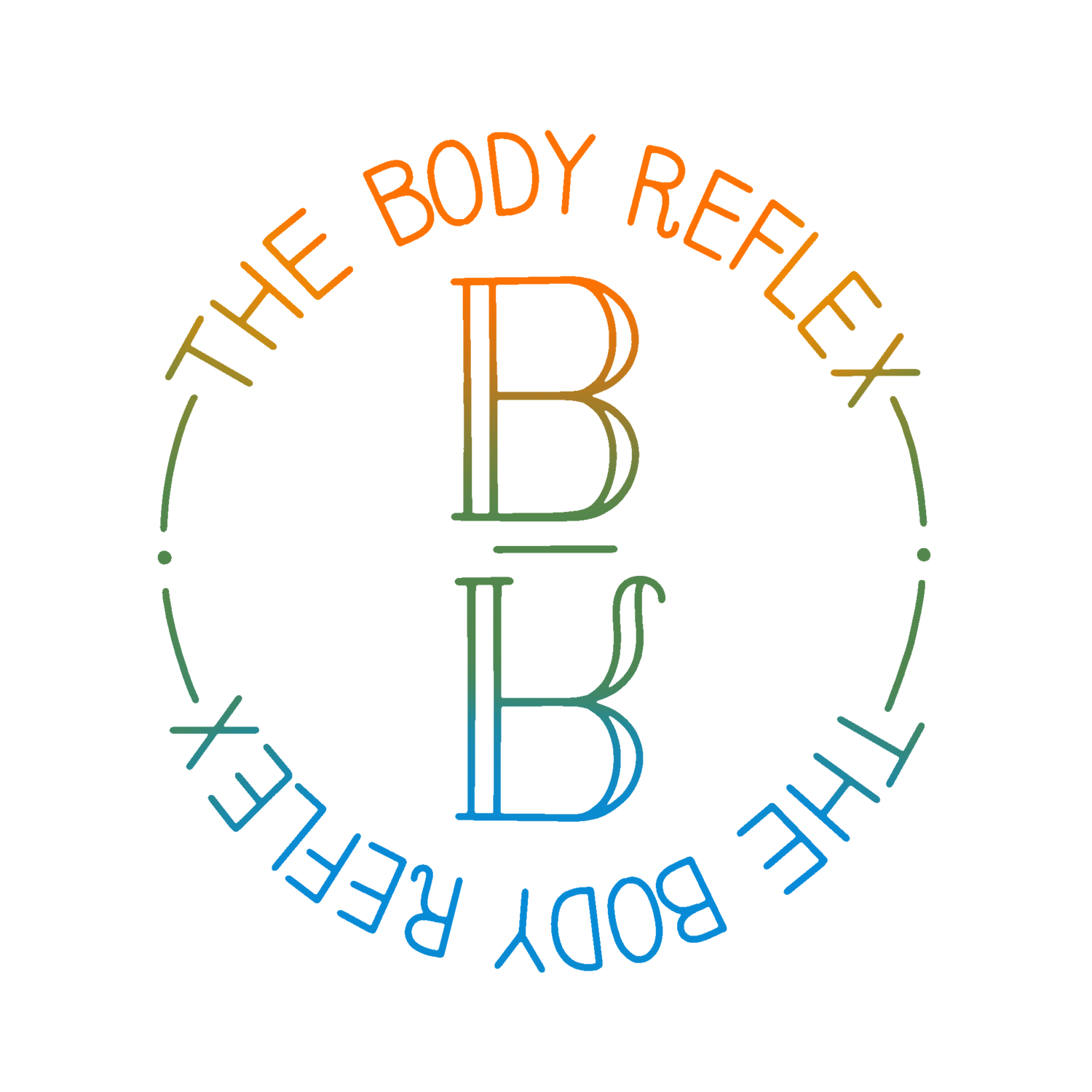
Is a Weighted Vest Right for You?
Some of my clients have been asking me about weighted vests and if these vests are right for them. By wearing a weighted vest during mindful movement, you increase the challenge of the move. But are they right for you? I have put together some of the benefits and the things to watch out for when considering adding a weighted vest to your exercise routine.
What can a Weighted Vest do for You?
Support Your Bone Density
Research shows that resistance and impact are key for your bone strength. A weighted vest adds a gentle load to your skeleton, to help stimulate bone growth and maintain density. This is especially important for women in midlife and beyond.
Build Your Strength
A vest turns bodyweight exercises—like walking, squats, lunges, or even balance drills—into more effective strength training without changing the movement pattern.
Enhance Your Posture and Core Engagement
When worn correctly, a vest encourages upright posture. You’ll naturally recruit your core and stabilizing muscles to manage the added load, which can improve balance and alignment over time.
Increase the Intensity of Your Everyday Movement
Even simple activities become more effective with a vest. A weighted vest helps increase your calorie burn rate and cardiovascular fitness without needing to add extra workout time.
Easily Adjust to Progress
Many vests allow you to add or remove small weights, so you can start light and gradually increase.
Things to Consider Before Using a Weighted Vest
Extra Stress on Your Joints
If the vest is too heavy, it can put strain on the knees, hips, or back. This is especially true if someone has arthritis or pre-existing joint concerns.
Not Ideal for Everyone
If you have spinal issues, osteoporosis in the spine, or shoulder problems you should use caution—or avoid weighted vests altogether. It’s best for you to check with a healthcare provider first.
Comfort and Fit Matter
Some vests feel bulky or shift during movement. If it rubs, pinches, or feels awkward, it can take cause more harm than good.
Final thoughts…
A weighted vest is a helpful tool, but not a shortcut. Benefits come from consistent, mindful practice—using the vest as one piece of a well-rounded movement routine. Weighted vests can be a safe and effective way to build strength, support bone health, and bring new challenge into Pilates, yoga, and functional movement. The key is to start light, move with awareness, and listen to your body.
If you’re curious, consider adding a few minutes of light vest work to your walk. With mindful progression, a weighted vest can be a supportive companion on your journey to strength, stability, and vitality.
Remember, the goal isn’t to push harder but to move smarter!
With gratitude,
Maria
